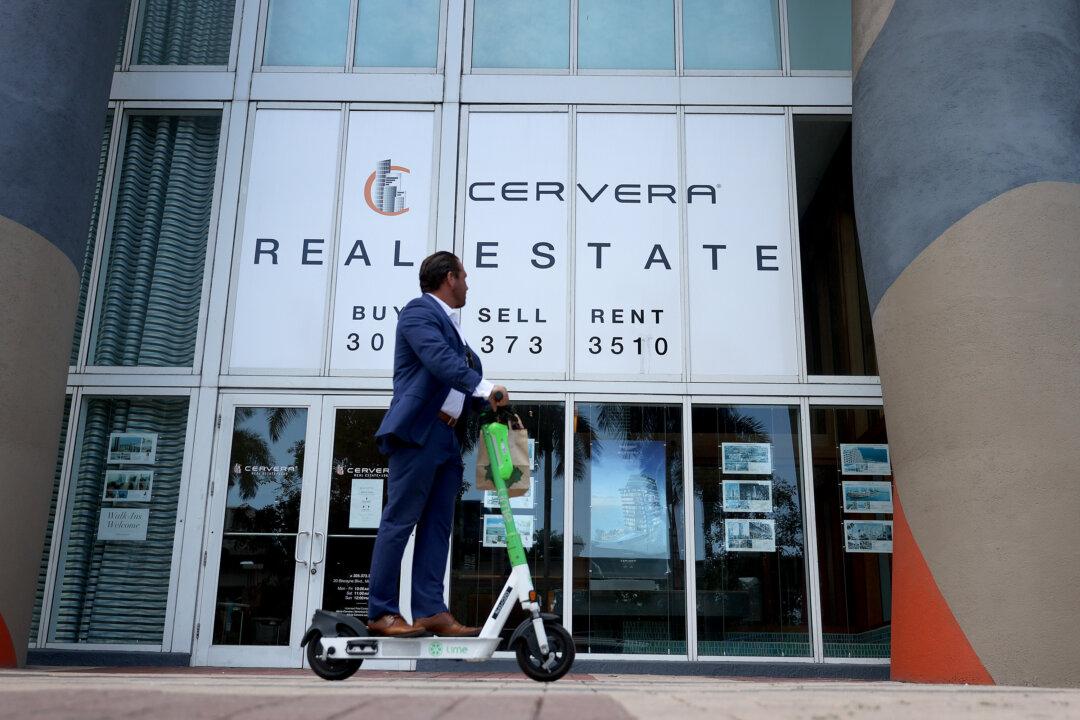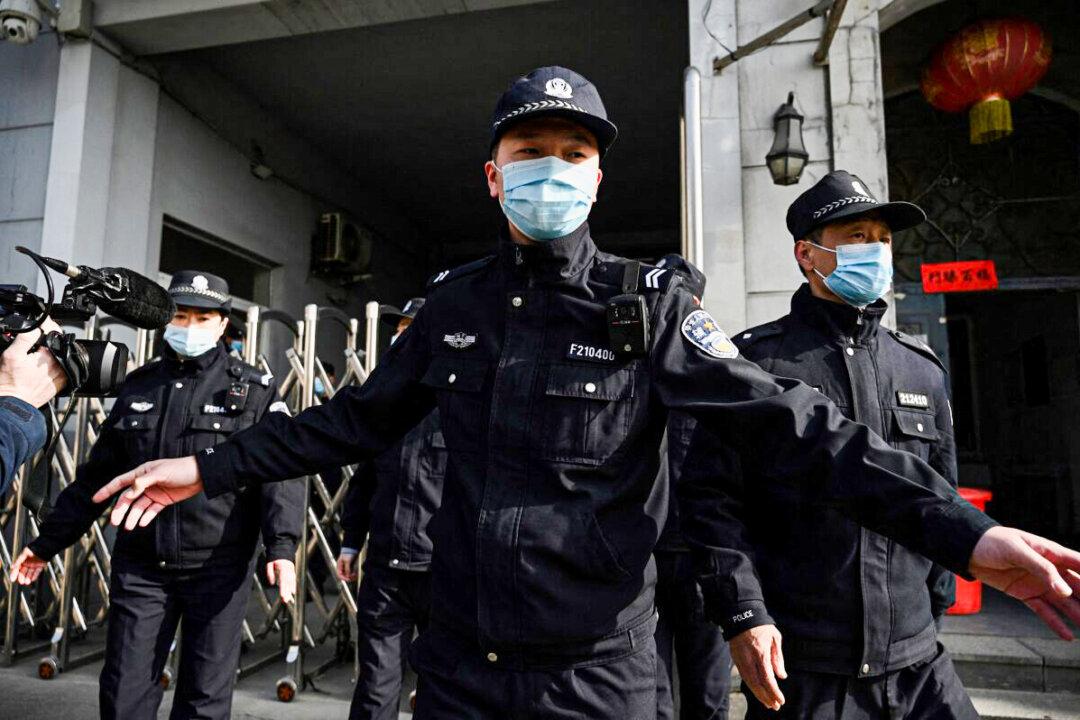News Analysis
When the Biden administration proposed rules to scrutinize all-cash real estate transactions in the United States to crack down on money laundering earlier this month, it apparently attracted more attention in China than other countries, as Chinese officials are believed to engage in such illicit activities.




